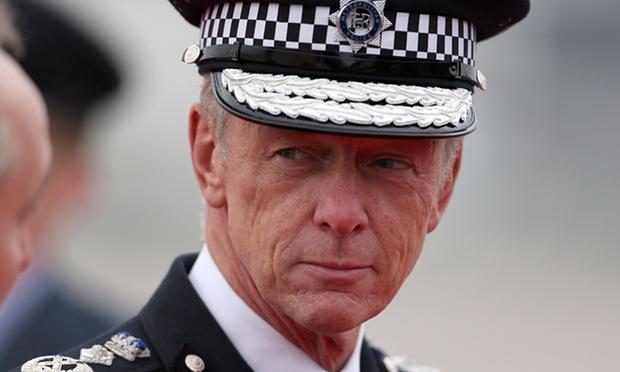|
Reporting on historical sexual abuse allegations requires great care
By Chris Elliott
Two recent complaints about the Guardian’s reporting of historical sexual abuse allegations illustrate the difficulties and pitfalls facing journalists writing about such cases. The first concerned the settlement by the Church of England of a civil claim brought against George Bell, the late bishop of Chichester, who died 57 years ago. The story, headlined “Church’s ‘deep sorrow’ over abuse by bishop”, published on 23 October 2015 said: “The bishop abused a young child, whose identity and gender has not been disclosed, in the 1940s and 50s. The survivor first came forward 20 years ago, but the matter was not investigated or referred to police at the time.” There was also an online story published on 22 October with the headline “Church of England Bishop George Bell abused young child”. Peter Hitchens, a newspaper columnist, complained to the readers’ editor that both the headlines are inaccurate; as neither makes clear that the claims of abuse were allegations, not tested in a criminal court. I rejected the complaint on the basis that the church had settled the civil claim and accepted his guilt. A statement by the church in October 2015 said: “A formal claim for compensation was submitted in April 2014 and was settled in late September of this year. The settlement followed a thorough pre-litigation process during which further investigations into the claim took place including the commissioning of expert independent reports. None of those reports found any reason to doubt the veracity of the claim.” As is his right, Hitchens sought to have my decision reviewed by the Guardian’s review panel on the basis that the original article and headline fell foul of clause 1ii, Accuracy, of the editors’ code. On 10 February the panel’s decision to uphold my judgment was published. They said that: “While the panel understands the position adopted by the complainant, particularly in relation to the fact that the allegation of child abuse was not tested in a court during the bishop’s lifetime, we do not consider that either the headlines taken alone, or read together, with the article, represent a breach of clause 1ii. “The sentence immediately below the headline makes it clear that the church’s apology followed the settlement of the legal claim. When one reads the article further, it is again abundantly clear that there was no criminal proceedings or conviction. The panel finds therefore that the article as a whole is an accurate report of the Church of England’s statement and the settlement of the civil claim to which the church was party.” The panel also notes that the Guardian, subsequent to the publication of this article, has published another article on Bishop Bell with the headline “Doesn’t Bishop Bell deserve the presumption of innocence?” (8 January). The panel said: “We consider that this subsequent article has gone some way to redress a perceived imbalance, noted by the complainant…” The second complaint is about a story published on 4 February headlined “Met chief will apologise to Lady Brittan”. The first paragraph said: “The Metropolitan police commissioner, Sir Bernard Hogan-Howe, is to meet Leon Brittan’s widow later this month to apologise for his force’s handling of a false rape allegation”. Readers have written to dispute the use of the term “false rape” on the basis that there is no evidence of a false claim and that the Metropolitan police has concluded that there was “no case to answer” over the rape allegations. I agree that the use of the term “false rape claim” in this case is problematic. On 16 October the Met issued the “key findings from a report into the apology to Lady Brittan after the completion of an investigation into a rape allegation against her late husband, Lord Brittan”. The statement said that after an investigation the officer in charge “made the decision that no further action should be taken”. The phrase “false rape claim” was not used in that statement. DCI Paul Settle, the investigating officer, told the home affairs select committee on 21 October: “My reason for that [discontinuing the case] was that I concluded that any action against Lord Brittan would be grossly disproportionate and would not have a legal basis as, in order to interview him, we would have to have had reasonable grounds to suspect that an [offence] had been committed. The investigation had shown that while an allegation had been made, the offence had not been made out in law and as such those reasonable grounds had ceased.” The challenge for journalists is to be fair to those who come forward with the allegations and to those, living or dead, who are the subject of those allegations. Journalists should not be there to interpret the allegations, just present the position as accurately as is possible. I think “false rape claims” tend to mislead in this instance and where it has been used we will link each online story to this column to give clarity to the evidence in this case.
|
.
Any original material on these pages is copyright © BishopAccountability.org 2004. Reproduce freely with attribution.
